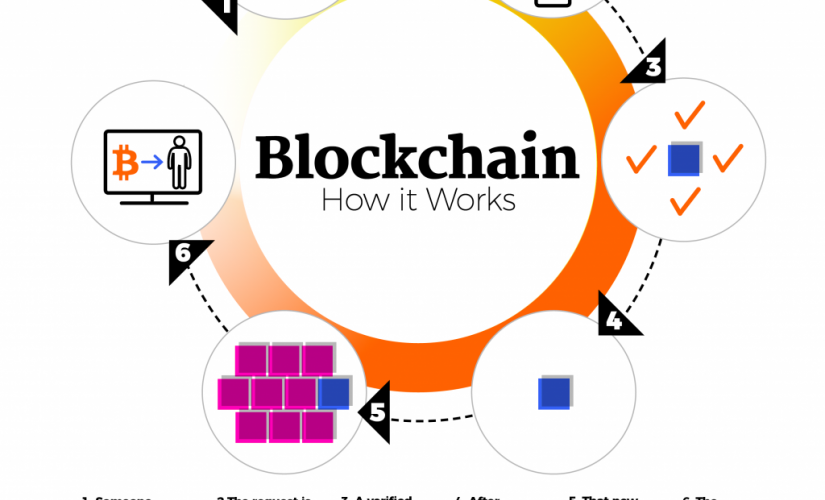Unlocking Transparency: Blockchain for Supply Chain Clarity


Unlocking Transparency: Blockchain for Supply Chain Clarity
Blockchain technology has emerged as a powerful tool in enhancing transparency within complex supply chains. By leveraging the decentralized and immutable nature of blockchain, companies can revolutionize the way they manage and trace their supply chains, ensuring increased visibility and accountability.
The Current Challenges in Supply Chain Transparency
In traditional supply chain systems, transparency often takes a backseat due to the fragmented nature of the processes. From raw material sourcing to the end product reaching the consumer, multiple intermediaries and handovers make it challenging to maintain a clear and traceable path. This lack of transparency can lead to inefficiencies, fraud, and difficulties in identifying the origin of issues when they arise.
How Blockchain Works for Supply Chain Transparency
Blockchain operates on a decentralized ledger system, where information is securely stored in blocks linked together in a chain. Each block contains a timestamp and a reference to the previous block, making it virtually tamper-proof. This structure ensures that once data is entered into the blockchain, it cannot be altered or deleted, providing a reliable and transparent record of transactions.
End-to-End Traceability
One of the key benefits of employing blockchain for supply chain transparency is achieving end-to-end traceability. Each step in the supply chain, from raw material production to manufacturing, distribution, and retail, can be recorded on the blockchain. This allows stakeholders to trace the journey of a product at any given point, providing insights into its origin, production conditions, and transportation history.
Reducing Counterfeits and Fraud
Counterfeit products and fraudulent activities within the supply chain are significant concerns for industries worldwide. Blockchain’s transparency mitigates these risks by enabling real-time monitoring and authentication of products. Consumers can scan a product’s QR code to access its blockchain record, ensuring that they receive genuine, ethically sourced goods.
Enhancing Accountability with Smart Contracts
Blockchain’s smart contract functionality further enhances transparency by automating and enforcing agreements within the supply chain. Smart contracts execute predefined rules when specific conditions are met. This ensures that contractual obligations, such as quality standards or delivery timelines, are automatically enforced, fostering a more accountable and efficient supply chain.
Real-Time Monitoring and Data Accuracy
Blockchain facilitates real-time monitoring of supply chain activities. Any updates or changes to the supply chain data are immediately recorded and visible to authorized participants. This real-time aspect enhances decision-making, allowing businesses to respond promptly to disruptions or changes in the supply chain.
To learn more about the transformative role of blockchain in ensuring supply chain transparency, visit Blockchain for supply chain transparency for in-depth insights and the latest advancements.
Integration Challenges and Industry Adoption
While the benefits of blockchain for supply chain transparency are evident, widespread adoption faces challenges. Integration with existing systems, industry-wide standards, and concerns about data privacy and security are among the hurdles that need to be addressed. However, as awareness grows, industries are increasingly recognizing the value that blockchain brings to supply chain management.
The Future of Transparent Supply Chains
As technology evolves and industries overcome integration challenges, the future of supply chain transparency looks promising. Blockchain’s decentralized and transparent nature aligns with the growing demand from consumers for ethically sourced and sustainable products. As more companies embrace blockchain solutions, we can anticipate a paradigm shift towards a more accountable, efficient, and transparent global supply chain.
Conclusion
Blockchain for supply chain transparency represents a groundbreaking approach to address the longstanding challenges in traditional supply chain management. The adoption of blockchain technology not only enhances traceability and accountability but also contributes to building consumer trust and promoting ethical business practices. As industries navigate the complexities of integration, the transformative potential of blockchain in achieving a transparent and efficient supply chain is undeniable.







